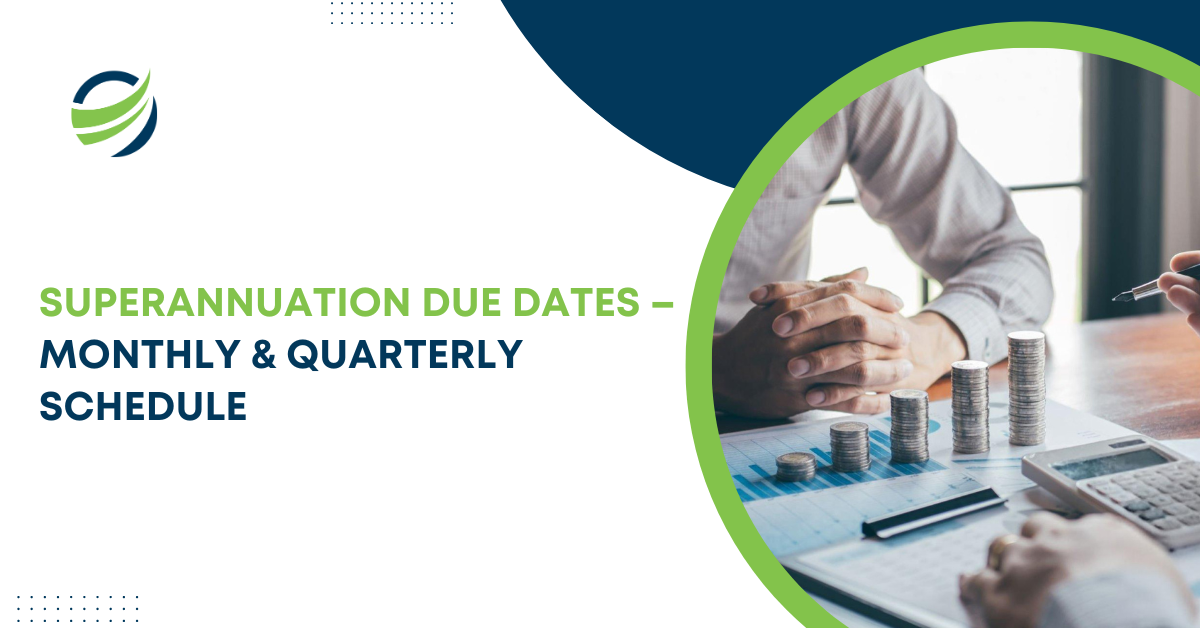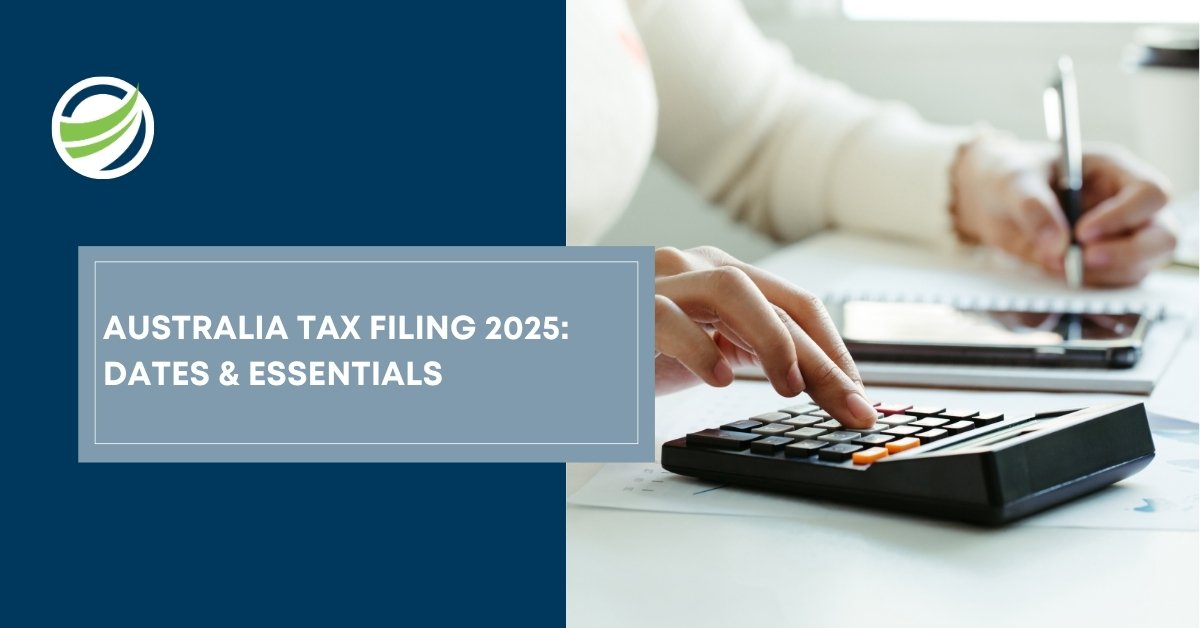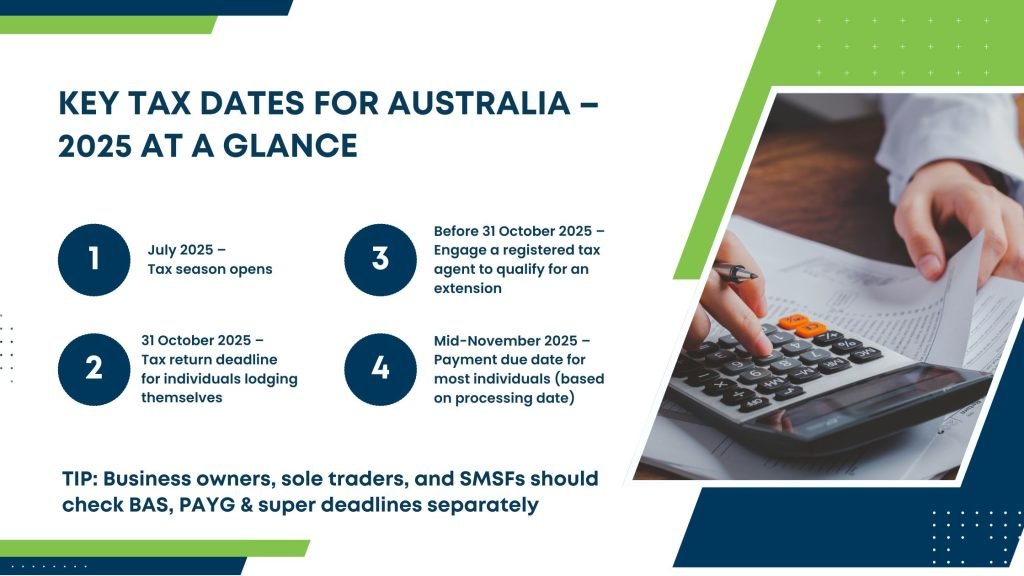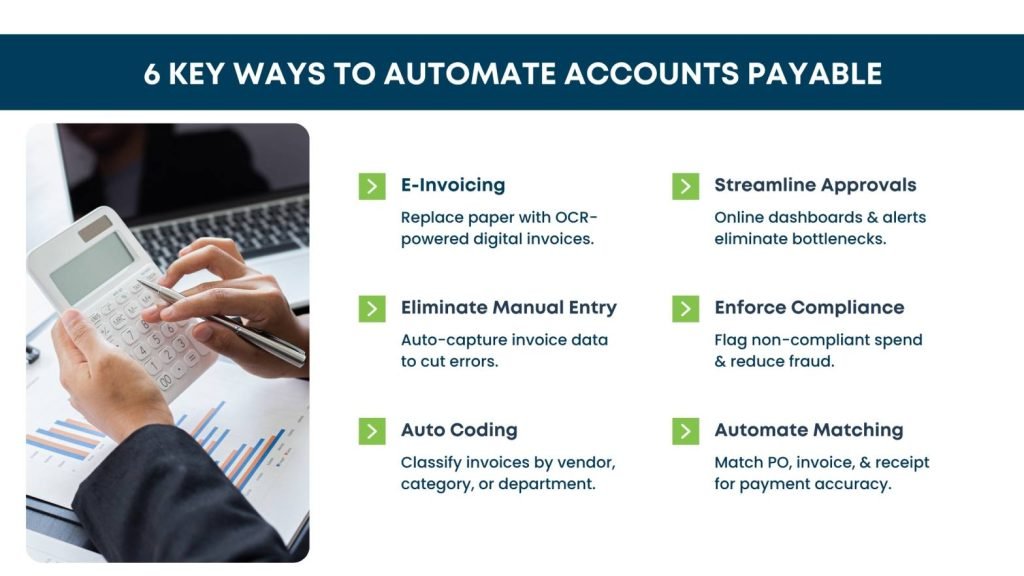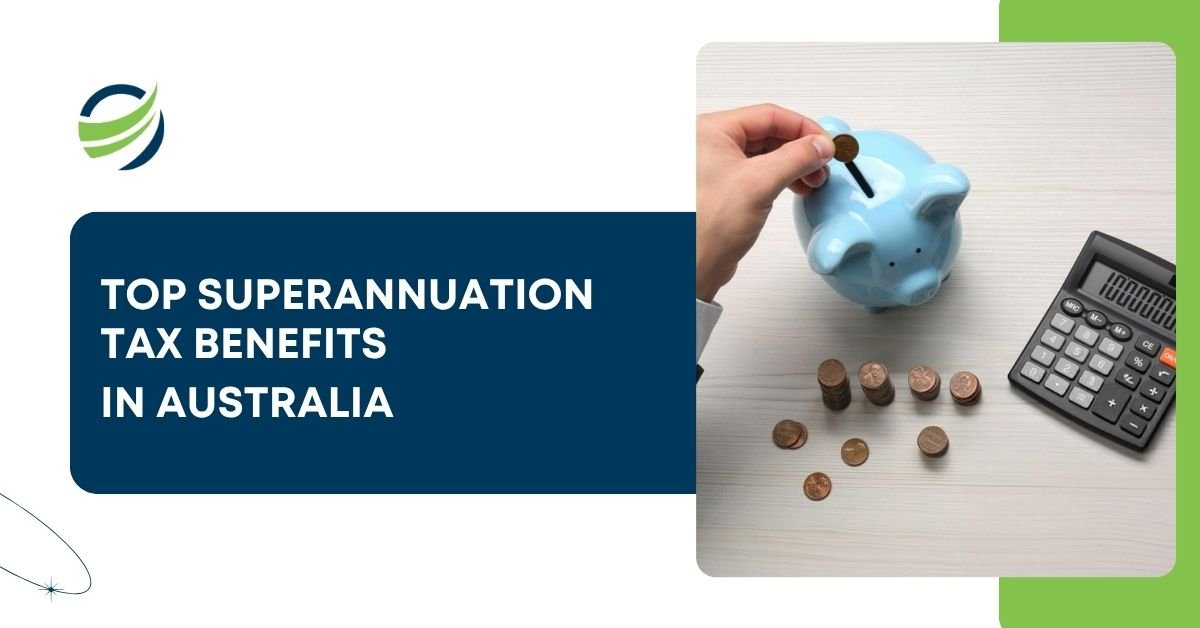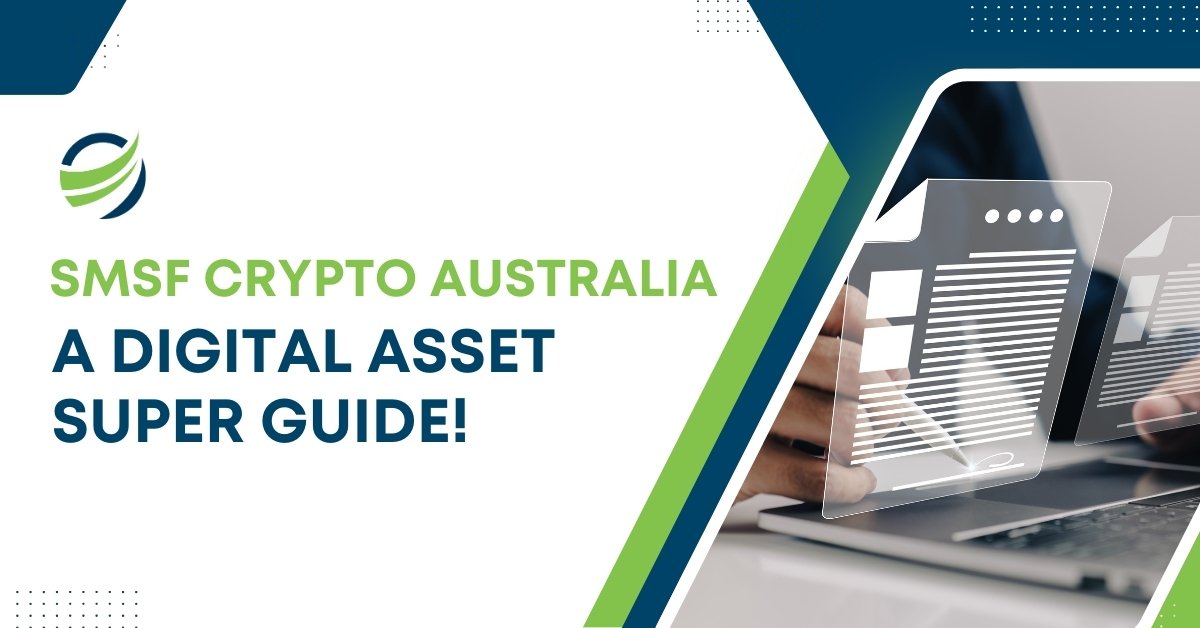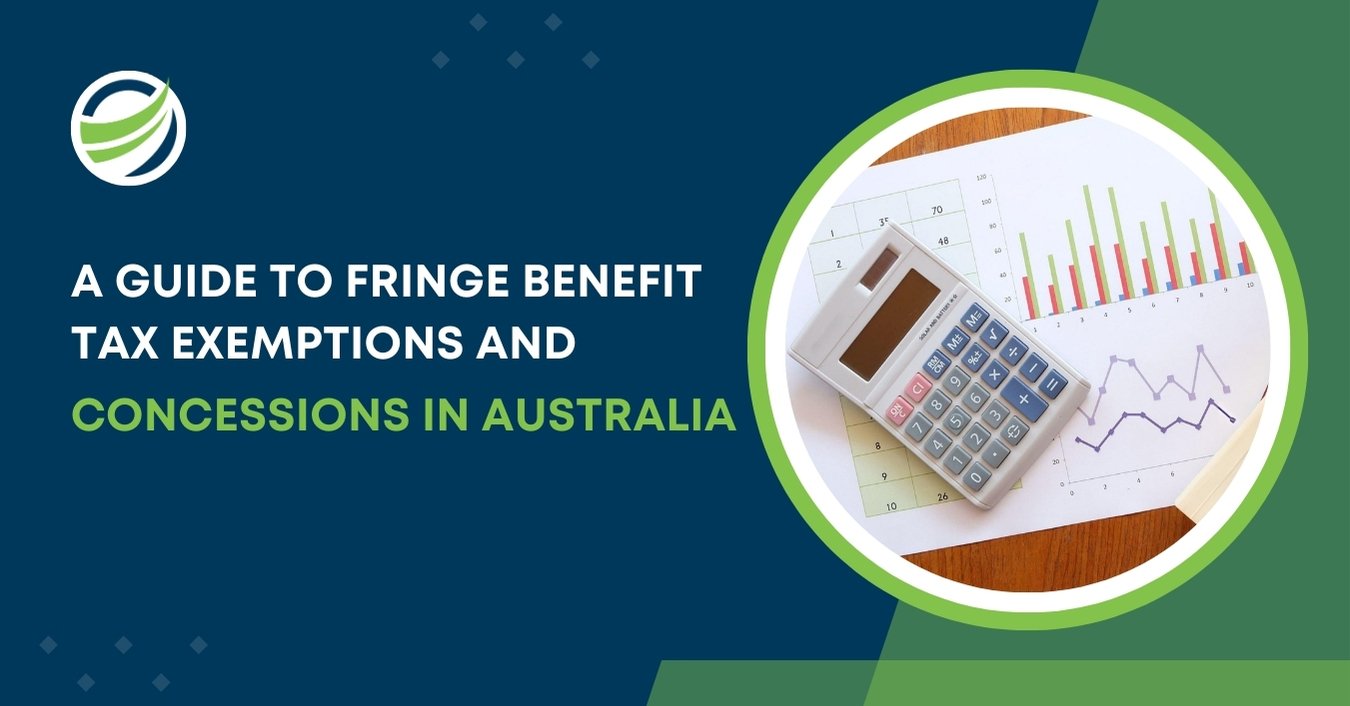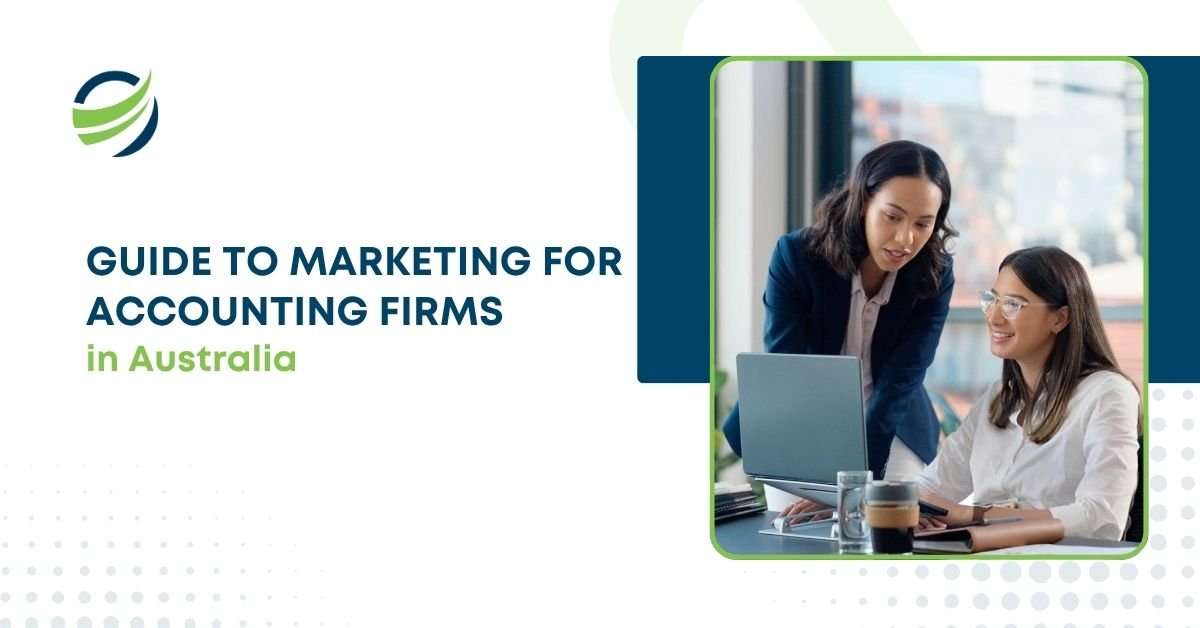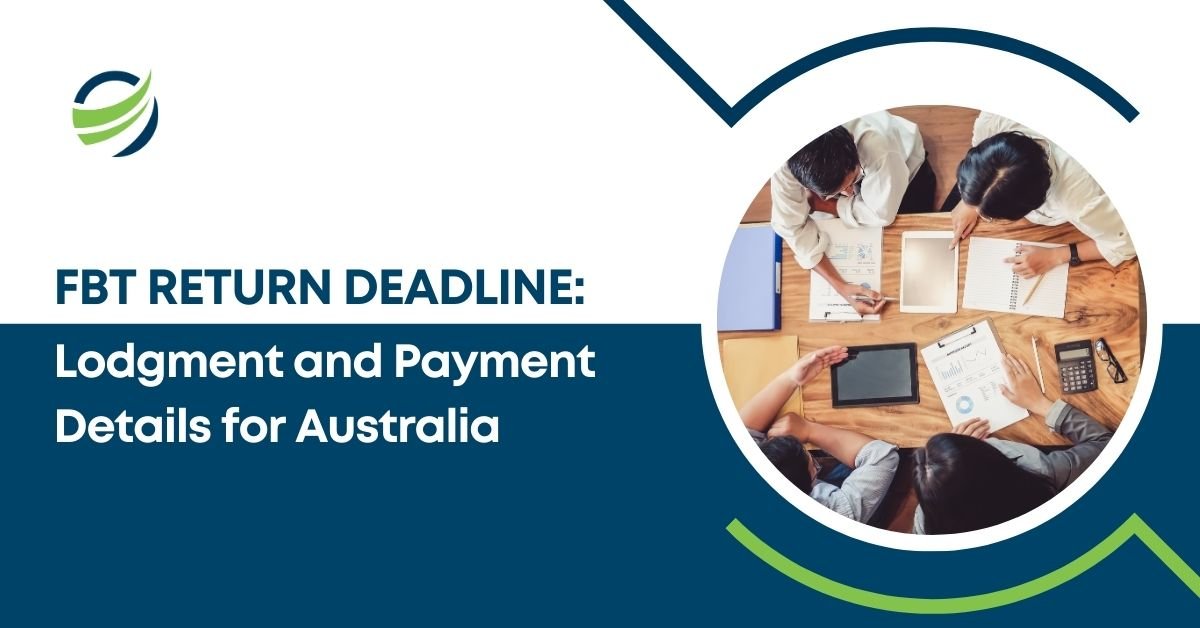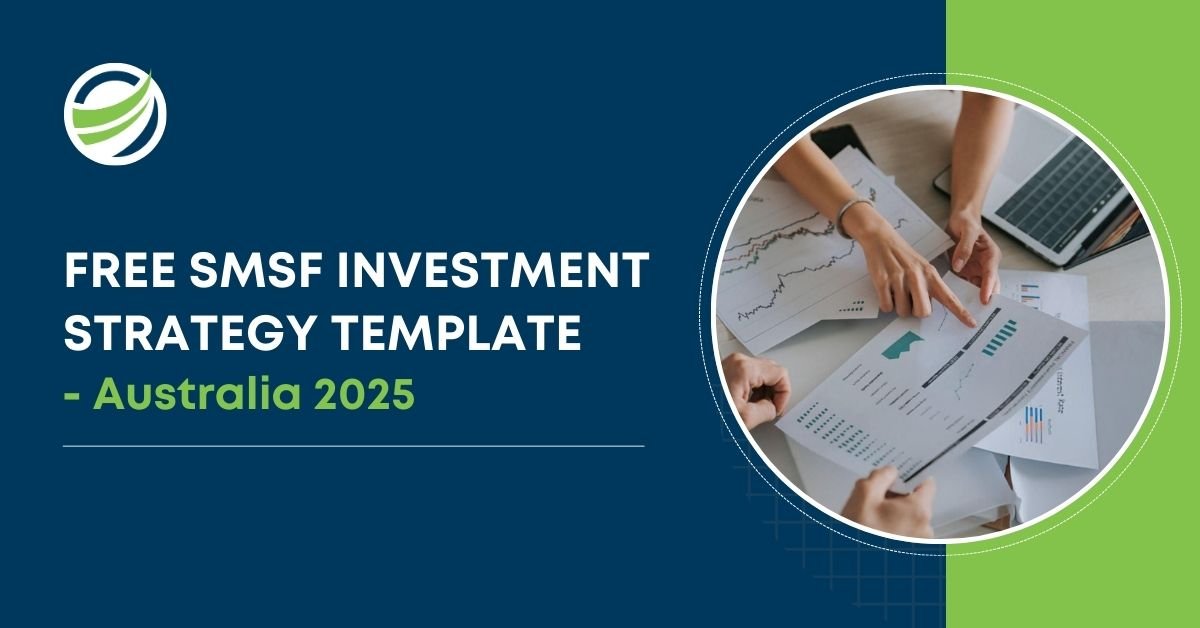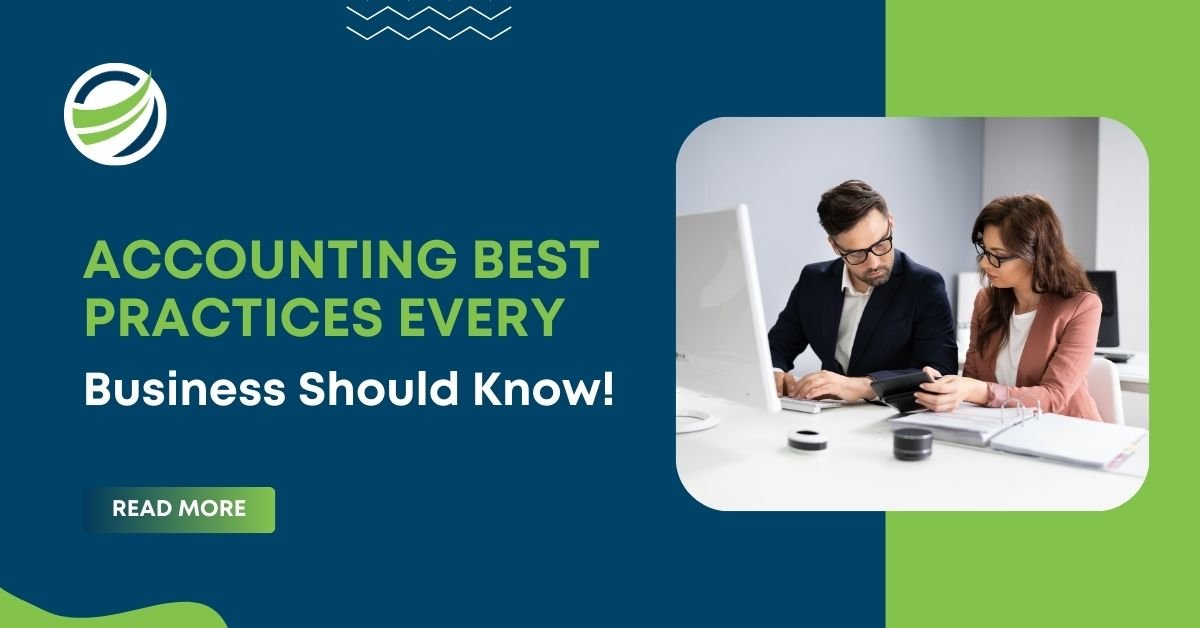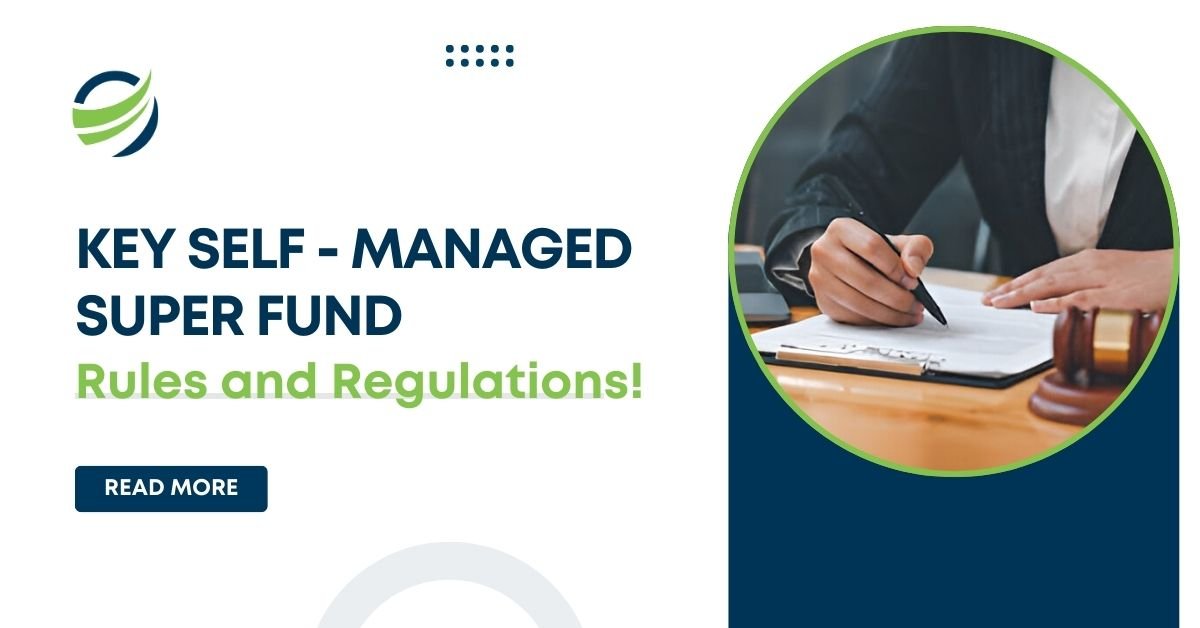Stay compliant with quarterly superannuation due dates 2025. Make payments by 28 Jan, 28 Apr, 28 Jul, and 28 Oct to meet ATO deadlines and avoid penalties.
Continue readingWhen Is Australia tax filing deadline 2025? with Checklist
2025 Top Superannuation Tax Benefits in Australia
Find key superannuation tax benefits in Australia for 2025. Learn how salary sacrifice, co-contributions, and other strategies can help reduce your tax.
Continue readingSelf Managed Super Fund – SMSF Crypto Australia 2025
Manage bitcoin and crypto in your Self Managed Super Fund (SMSF) in Australia. Explore secure, ATO-compliant SMSF crypto strategies in 2025 with confidence.
Continue reading2025 Fringe Benefit Tax Exemptions & Concessions Australia
Find out which fringe benefit tax exemptions apply in Australia for 2025, including minor benefits, car use, retraining, and concession eligibility.
Continue reading2025 Guide to Marketing for Accounting Firms in Australia
Get to know expert backed 2025 strategies for marketing for accounting firms in Australia. Learn how to attract ideal clients and grow your firm faster.
Continue readingFBT Return Due Date 2025: Lodgment & Payment in Australia
Fringe Benefits Tax (FBT) is a crucial compliance obligation for Australian employers providing perks like company cars, entertainment, or reimbursed expenses. The 2024–2025 FBT year runs from 1 April 2024 to 31 March 2025, and missing lodgment deadlines can lead to penalties. Whether you manage it in-house or with a tax consultant, keeping accurate records and understanding key FBT return dates is essential to staying compliant.
Continue readingSMSF Investment Strategy Template for Australia 2025
SMSF Investment Strategy Template: A Practical Guide for 2025
A well-crafted SMSF investment strategy goes beyond ticking compliance boxes—it serves as a roadmap aligning your fund’s investments with your long-term goals, risk tolerance, and liquidity needs. This guide outlines the essential components of a compliant SMSF strategy, explores practical examples, and offers expert insights to help trustees create a strategy that’s both effective and ATO-compliant.
Accounting Best Practices for Australian Businesses 2025
Poor financial management is one of the leading causes of business failure. In this blog, NCS Global outlines essential accounting best practices that help businesses maintain cash flow, ensure compliance, and make smarter decisions. Whether you’re running a startup or scaling an established firm, these strategies are key to long-term financial health.
Continue readingKey Self Managed Super Fund Rules and Regulations
Self Managed Super Funds (SMSFs) offer Australians greater control over their retirement savings, but this flexibility comes with strict regulatory responsibilities. Trustees must navigate a complex framework of rules—from maintaining a compliant investment strategy and meeting contribution caps to fulfilling reporting obligations and adhering to preservation rules. Non-compliance can lead to penalties or loss of tax concessions.
Continue reading


